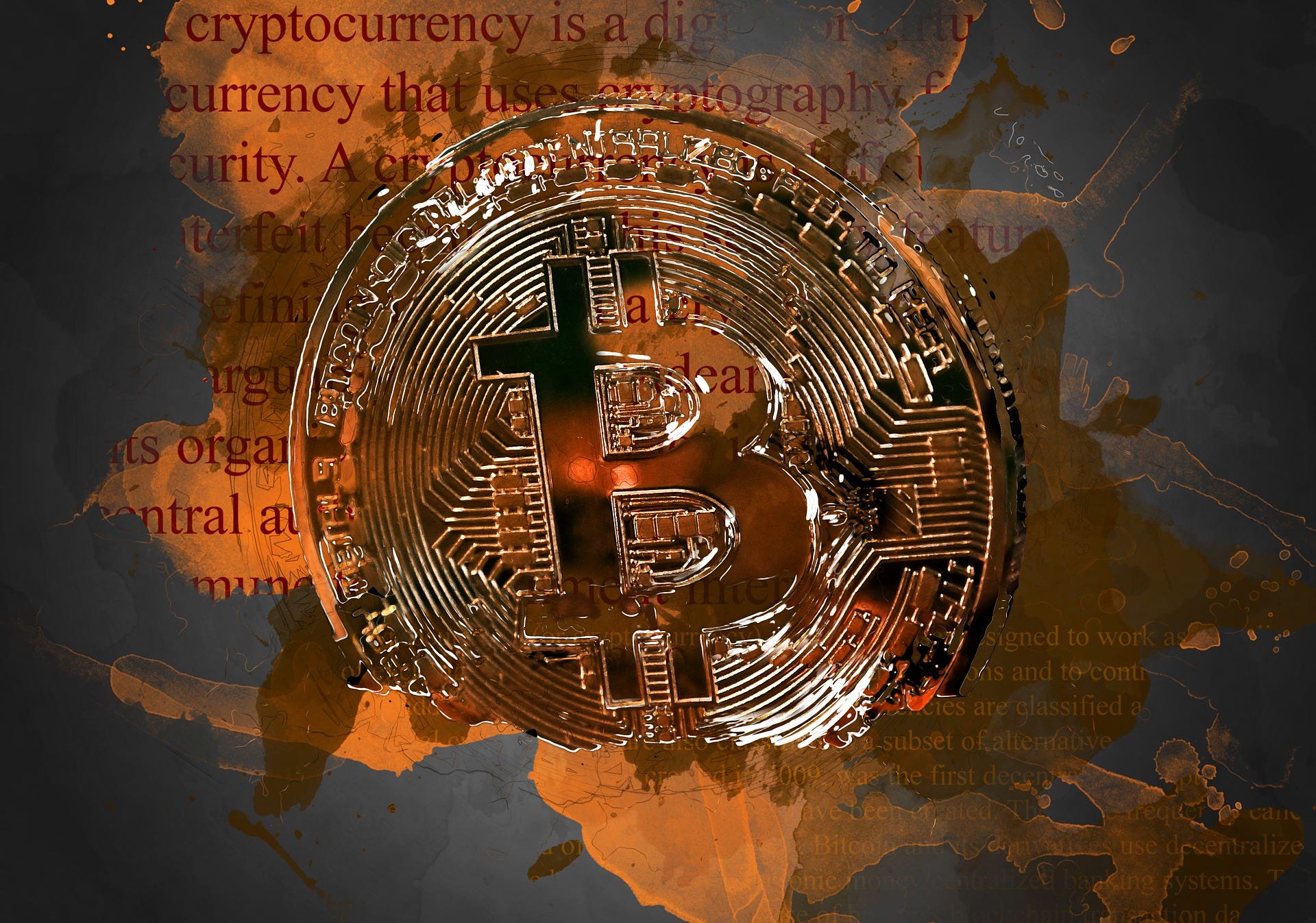PALO ALTO, Calif. (Reuters) - The Federal Reserve is taking a look at a broad series of concerns around digital payments and currencies, consisting of policy, style and legal considerations around possibly releasing its own digital currency, Governor Lael Brainard stated on Wednesday. Brainard's remarks suggest more openness to the possibility of a Fed-issued digital coin than in the past." By changing payments, digitalization has the potential to provide greater value and convenience at lower expense," Brainard said at a conference on payments at the Stanford Graduate School of Company.
Reserve banks worldwide are debating how to handle digital financing innovation and the dispersed ledger systems utilized by bitcoin, which guarantees near-instantaneous payment at possibly low cost. The Fed is developing its own round-the-clock real-time payments and settlement service and is presently examining 200 comment letters sent late in 2015 about the proposed service's design and scope, Brainard said.
Less than 2 years ago Brainard told a conference in San Francisco that there is "no compelling showed requirement" for such a coin. However that was prior to the scope of Facebook's digital currency ambitions were extensively understood. Fed authorities, consisting of Brainard, have actually raised concerns about customer protections and information and privacy dangers that might be postured by a currency that could enter use by the third of the world's population that have Facebook accounts.
" We are working together with other central banks as we advance our understanding of reserve bank digital currencies," she said. With more countries looking into providing their own digital currencies, Brainard stated, that includes to "a set of reasons to likewise be making sure that we are that frontier of both research and policy development." In the United States, Brainard stated, concerns that require study consist of whether a digital currency would make the payments system much safer or simpler, and whether it could pose monetary stability dangers, consisting of the possibility of bank runs if cash can be turned "with a single swipe" into the reserve bank's digital currency.
To counter the financial damage from America's unmatched nationwide lockdown, the Federal Reserve has taken unmatched Check out the post right here steps, including flooding the economy with dollars and investing straight in the economy. The majority of these moves got grudging acceptance even from lots of Fed doubters, as they saw this stimulus as needed and something only the Fed could do.
My new CEI report, "Government-Run Payment Systems Are Risky at Any Speed: The Case Versus Fedcoin and FedNow," information the threats of the Fed's present prepare for its FedNow real-time payment system, and propositions for main bank-issued cryptocurrency that have actually been called Fedcoin or the "digital dollar." In my report, I talk about issues about privacy, information security, currency manipulation, and crowding out private-sector competition and innovation.
Supporters of FedNow and Fedcoin state the government should create a system for payments to deposit instantly, instead of motivate such systems in the Check out this site personal sector by raising regulatory barriers. But as noted in the paper, the private sector is offering a seemingly endless supply of payment innovations and digital currencies to solve the problemto the degree it is a problemof the time space in between when a payment is sent and when it is gotten in a checking account.

And the examples of private-sector development in this area are numerous. The Clearing House, a bank-held cooperative that has been routing interbank payments in numerous forms for more than 150 years, has actually been clearing real-time payments since 2017. By the end of 2018 it was covering 50 percent of the deposit base in the U.S.